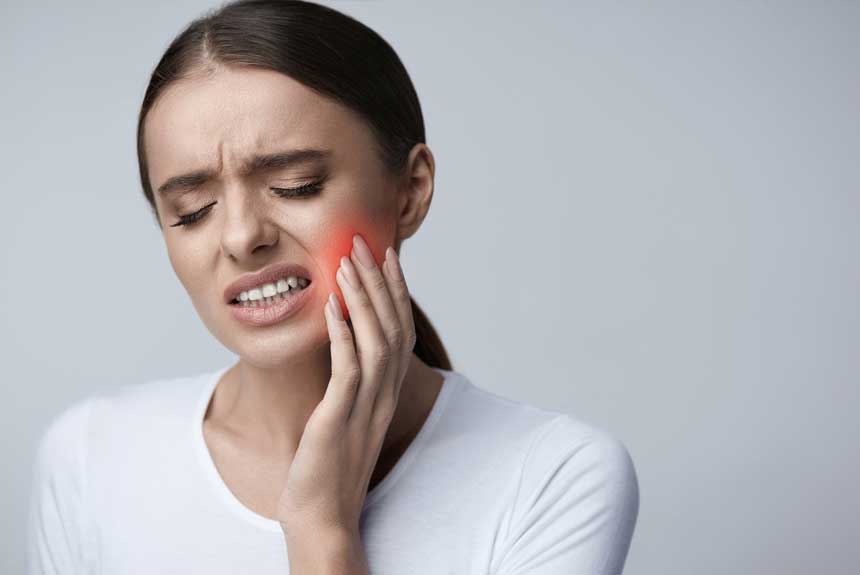Experiencing tooth pain can be distressing, and determining whether it’s an emergency is crucial for timely and appropriate care. Here are key signs and symptoms to help you assess the urgency of your dental discomfort:
1. Swelling
If you notice swelling in your jaw, face, or neck accompanying tooth pain, it may indicate an infection. This situation requires immediate attention, as infections can spread and lead to more serious health issues. Prompt dental evaluation is essential to address the infection and prevent complications.
2. Pain on Biting
Experiencing pain when biting down could suggest several issues:
- Infection at the Tooth’s Root: This can cause significant discomfort and may require root canal therapy.
- Cracked Tooth: A fracture can lead to pain and sensitivity, necessitating restorative procedures.
- Gum Infection: Periodontal issues can cause pain and may need professional cleaning or other treatments.
An examination, often including X-rays, is necessary to determine the exact cause and appropriate treatment.
3. Sensitivity to Hot or Cold
Sensitivity to temperature changes can result from various factors:
- Gum Recession: Exposed tooth roots can lead to discomfort when consuming hot or cold foods and beverages.
- Recent Dental Work: After procedures like fillings, temporary sensitivity is common but should subside.
- Food Impaction: Trapped food particles can irritate the gums, causing sensitivity.
If sensitivity persists, it’s advisable to consult your dentist to identify and address the underlying cause.
When to Seek Immediate Dental Care
While some toothaches can be managed with over-the-counter pain relievers and good oral hygiene, certain situations warrant prompt dental attention:
- Severe, Unrelenting Pain: Intense discomfort that doesn’t improve with pain medication.
- Visible Abscess or Pus: Signs of infection, such as a pimple-like swelling on the gums.
- Fever Accompanying Tooth Pain: This could indicate a spreading infection.
- Difficulty Swallowing or Breathing: These symptoms may suggest a serious infection requiring emergency care.
If you experience any of these symptoms, contact your dentist immediately or seek emergency dental services.
Preventive Measures
To reduce the risk of dental emergencies:
- Maintain Regular Dental Check-ups: Routine visits help detect and address issues early.
- Practice Good Oral Hygiene: Brush twice daily, floss regularly, and use mouthwash as recommended.
- Avoid Hard Foods: Be cautious with foods that can crack or damage teeth.
- Wear Protective Gear: Use mouthguards during sports or activities that pose a risk to your teeth.
By staying vigilant and proactive about your oral health, you can minimize the likelihood of dental emergencies.




